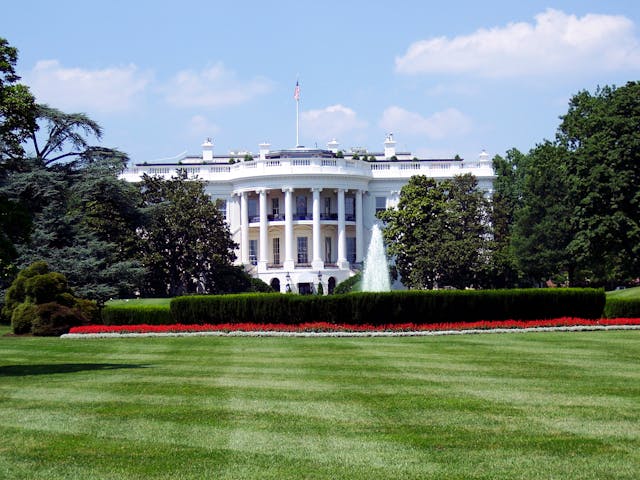Home » News » 2024 » November
News Brief
Nov. 7, 2024 |
By: Mike Moen - Public News Serivce
Post-election analysis: Rural voter nuance is deeply entrenched

By Mike Moen - Public News Serivce
Donald Trump's victory in the race for the White House was again aided by wins in rural states such as Nebraska.
While other contributing factors are discussed, a rural expert says it's clear longstanding political sentiments in smaller towns haven't changed. As the results from Tuesday night are examined, political analysts cite Trump's gain with Latino voters.
Nick Jacobs, assistant professor of government at Colby College is also an author who has written about rural issues, and says the campaign also regained some ground in rural America that it had lost in 2020. Jacobs said if the media or political strategists try again to understand why these areas still largely back Trump, they have to resist preconceived notions.
"We're going to see it again with these diner interviews - is that prior to even being interviewed [post-2016], rural people were put into this prefabricated box," he explained. "And the truth is, voters in rural places -- [like] urban places -- they're complicated."
It's been decades in the making, but Jacobs feels the public still doesn't grasp that rural voters feel underappreciated by the political establishment. The trouble is, he added, this generally doesn't lend itself to policies that can directly appeal to them. He thinks Democrats should keep trying to produce local candidates who can relate to these voters, adding that having both parties find success in rural America is good for democracy.
Jacobs said his research, along with separate polling, has shown that rural and urban voters often agree on certain issues.
"Concerns about corporate monopolies, freedom within, sort of, the marketplace, whether that's for health care or reproductive rights -- there are very few policy issues that divide the two," he explained.
In Nebraska, voters this week rejected an abortion rights amendment and instead endorsed restrictions, even as reproductive rights saw victories in other conservative states. However, Nebraskans did approve paid sick-leave requirements, a policy often aligned with the Left.
The Biden administration's big policy achievements, the Bipartisan Infrastructure Law and the Inflation Reduction Act, have paved the way for a lot of rural investment. But Jacobs says many projects aren't shovel-ready yet, and aren't likely to move the needle with rural voters hesitant to embrace them.
"It can't be such a simple story as, 'Spend money and the votes will follow,' because what we're talking about [is] decades of feeling like 'the government has left me behind,'" he concluded.
![]()






